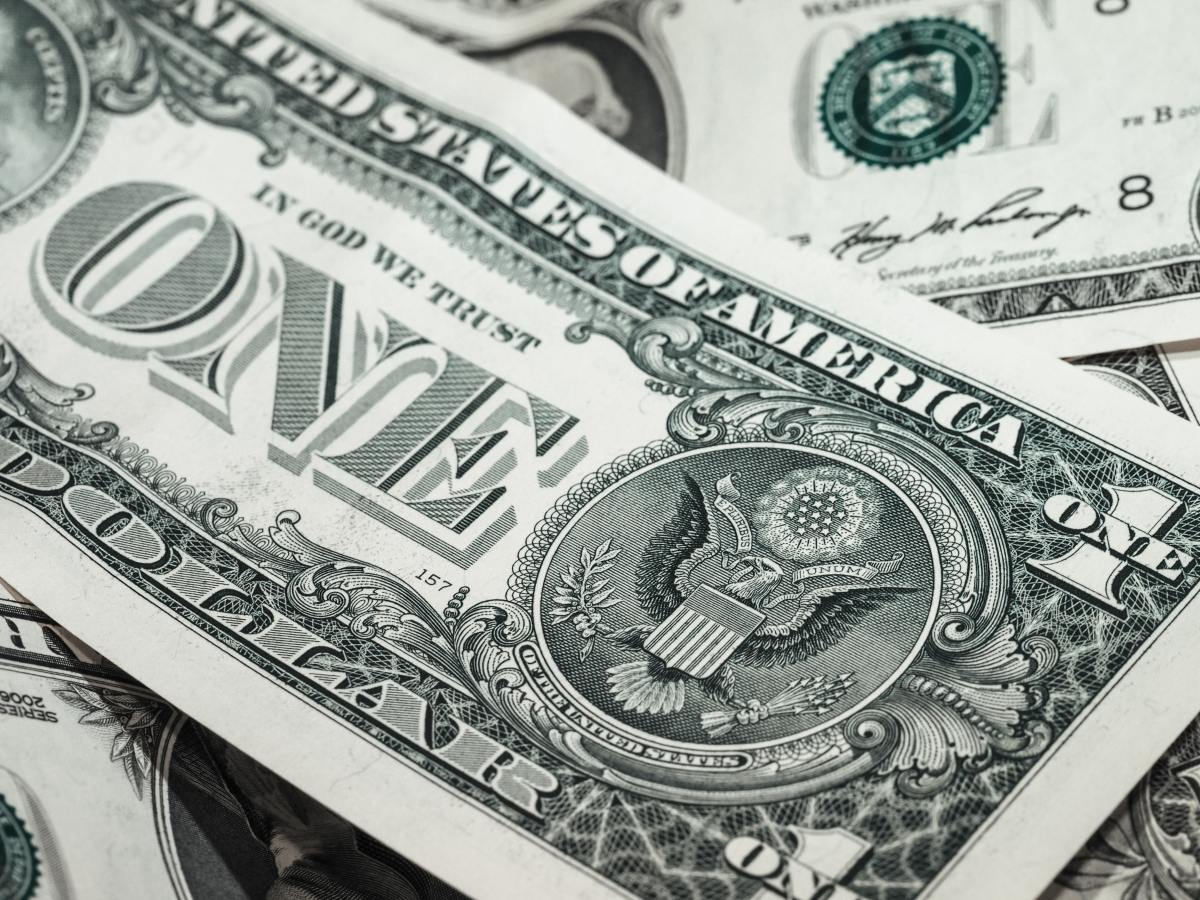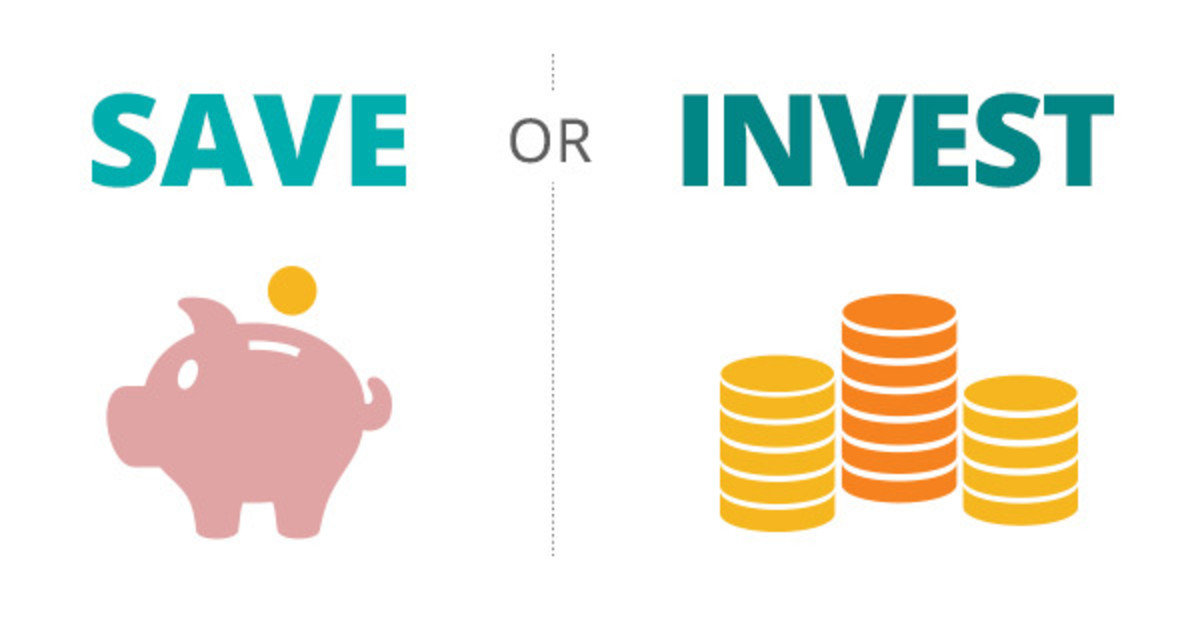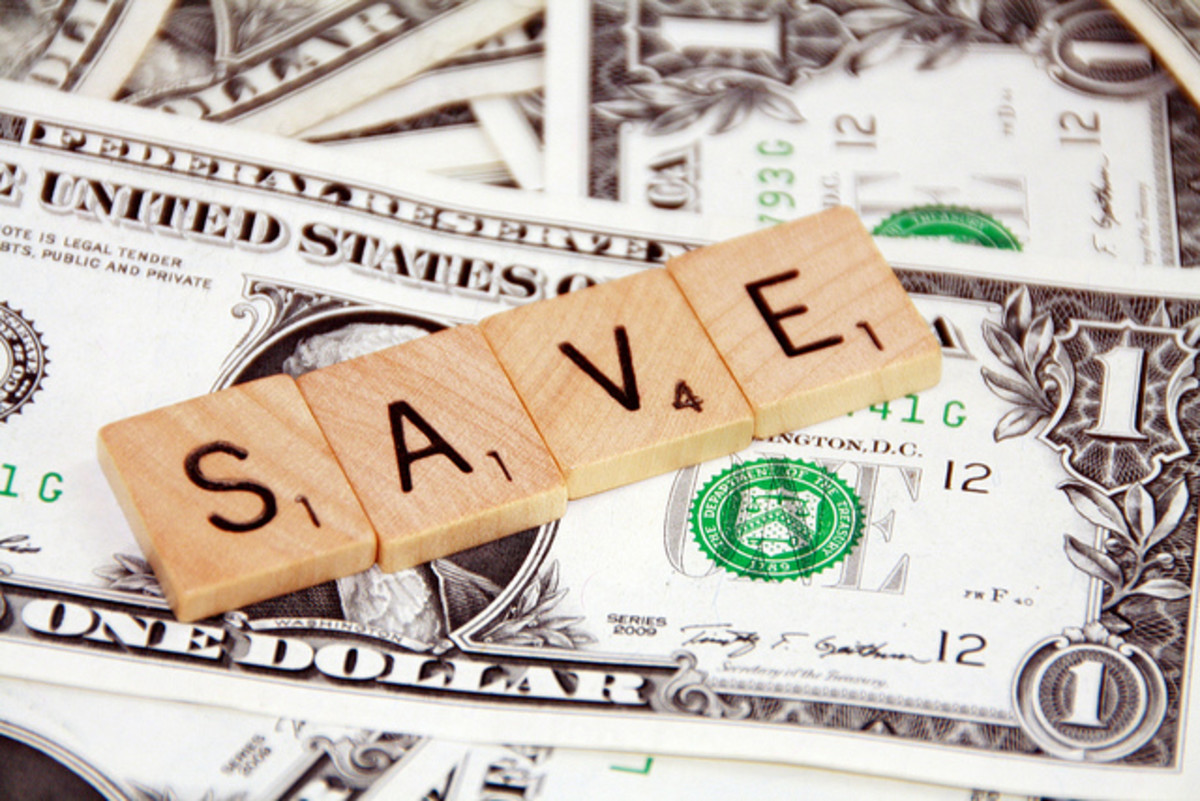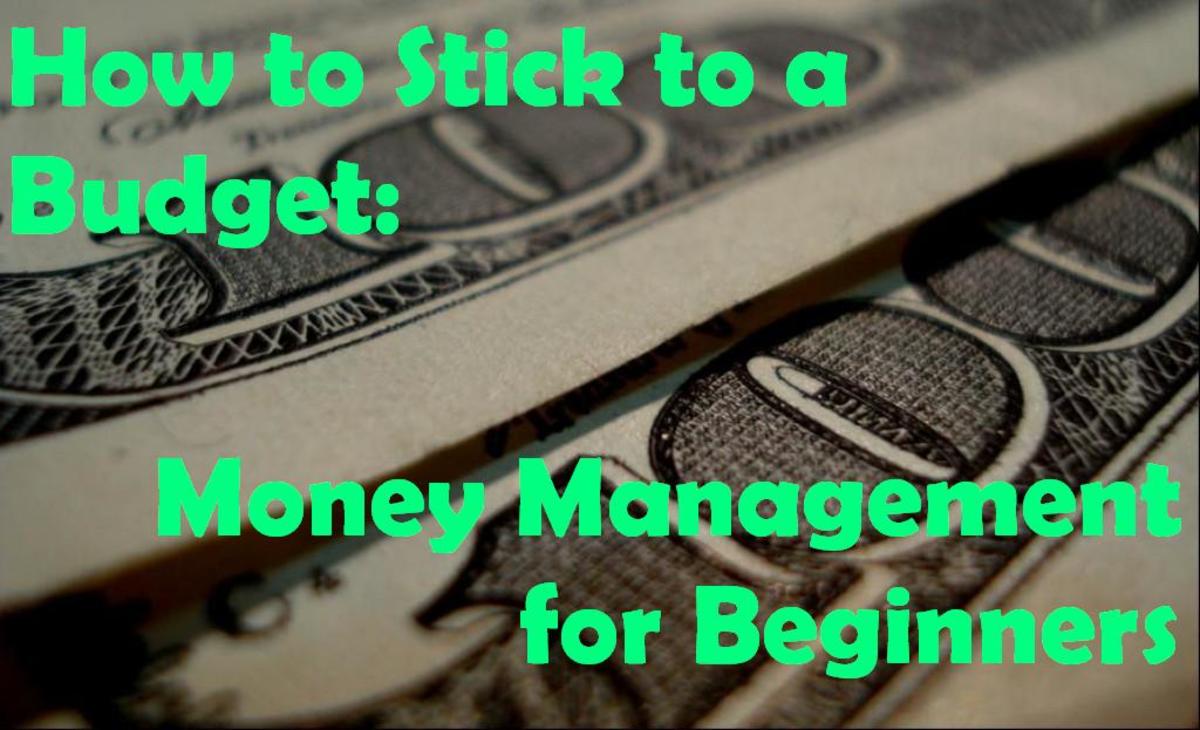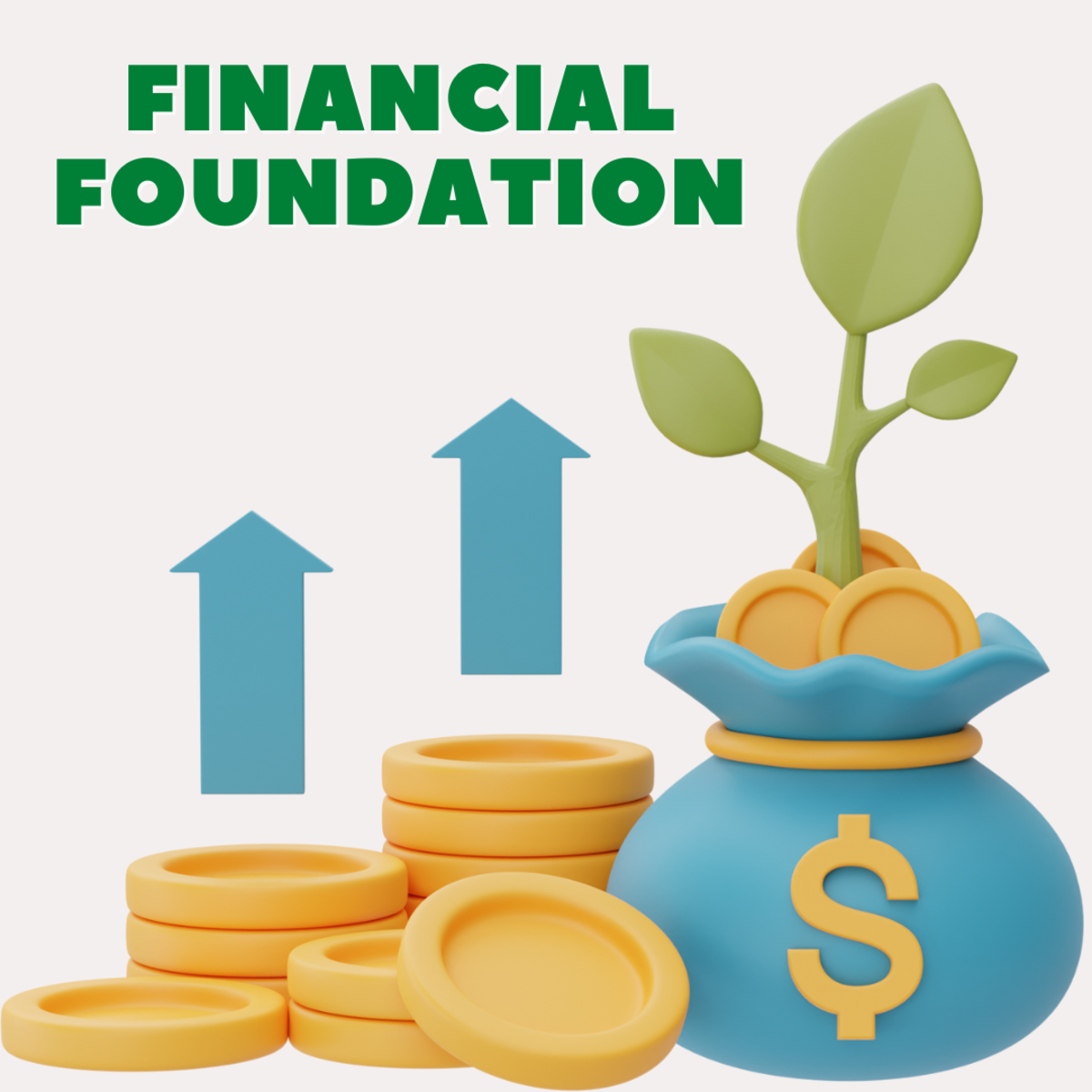Tips for Saving Money & Paying Off Debt


Collectively, Americans are spending more than they earn - and that is pretty scary. Learning the skills and strategies to save and invest money can improve the quality of your life.
I like to apply the same strategies and ideas to my financial goals as I do to my health goals (with a few tweaks, of course). Remember that you do not have to deprive yourself of things to achieve your goals, whether it is saving money, dieting, or learning a new habit. Learning how to save and invest will help you get out of debt, teach you how to buy things that have meaning for you, and help you create important buffers (like retirement savings).
So, how do you do it?
Small steps. Keep in mind the story of the Tortoise and the Hare - you are the tortoise here. All of those small steps, in time, will cover a huge distance.
Find Books About Saving
Start a Savings Jar
Sure, it sounds too simple to be true, but it works. Remember: small steps. So, go get a jar. Or a box. Or a separate bank account just for these savings.
Organize how you add money to your savings jar.
1. Standard Savings
This is money that goes into your savings on a regular basis. Pick an amount (monthly, weekly, or daily) to put into that jar, and stick to the plan. Do $1 a day, $5 a week, or $50 a month – you choose. As you continue on, you will find that you can increase this amount.
2. Savings from Non-Expenses
What are non-expenses? This is money you decide not to spend. Say you usually spend $5 a day on a coffee, but today you decide to get a different coffee that only costs $2. Add the $3 you save to your total savings.
You just saved $3 by spending less money on something you always buy, now you can double the savings by adding that $3 to your savings jar.
3. Payoff Your Debt
You have debt that you need to pay off. It is especially important to start paying off those bad kinds of debt (those that carry high interest rates).
What is considered debt? It is the amount you have not paid for more than one payment cycle. If you go shopping and charge $300 to your credit card, then pay $300 to your credit card company that month, this isn’t considered debt. You don’t end up paying any interest this way.
However, if your credit card balance is consistently $1500, and you are only making payments of $150 a month (with a $50 minimum monthly payment), you are paying off debt.
How do you consider this savings? The minimum payment is what you have to pay, so anything above that is considered an extra payment. The remaining $100 can be considered debt payoff, which means you will end up saving more money in the long run by paying off your debt now.
Remember that some types of debt are good, like mortgages with a good rate, student loans, etc.
Learn How to Get Out of Debt
Beginner's Books on Investing
Get Motivated to Save
It sure is easy to decide to start saving, but it is hard to keep doing it on a long-term basis. The same can be said about dieting. Have you ever been gung ho at the beginning of a diet, but it quickly fades away and you end up gaining the weight back? The key to avoiding this pitfall is to make a lifestyle change.
Don’t just think of it as one dollar…that dollar saved now will be worth more later. That dollar can be turned into so much more in the future.
Need some more motivational tips? Try these:
- Split your savings – use some of it towards something fun to look forward to, like a family trip. The rest of it should be put towards something serious, like retirement. This way, you have savings goals to look forward to.
- Use your savings as a long-term investment plan for retirement, college funds for your children, or a house.
- Look forward to being free from financial worries.
My budget is tight already, how do I find money to save?
It can be really rough at first, especially if you feel like you are already doing a lot to cut costs. Remember that it is okay to start small!
· Track everything! When you are tracking every single bit you earn and spend, down to the penny, you will be much more aware of where your money goes. This means you even have to track that pack of gum, candy bar, or can of soda. You will be surprised at how reluctant you will be to spend money on certain things if you are forced to write it down.
· Think before buying. Do you really need this or do you want it? Is this a necessary purchase or frivolous spending?
· Create a budget with all of your expenses. When you know just exactly how much you spend on bills and what you have leftover, you will be able to make smarter choices. Include an automatic payment to your savings when creating this budget.
· Reassess your needs. Do you need the extra phone line? Can you cut back on the cable package? Obviously, there are some things you must spend money on, like utilities, groceries, and other bills. You also want to maintain a comfortable style of living, so don’t cut out anything that will change the quality of your life. Personally, I don’t watch much television, so cable is something I can forgo. I spend a lot of time on the internet, so I consider my DSL connection a worthwhile expense. You need to make these decisions based on your own lifestyle.
· Cut coupons, but only use the ones that are for products you normally purchase. Consider any money saved as savings, then double it by putting that savings into your savings jar.




